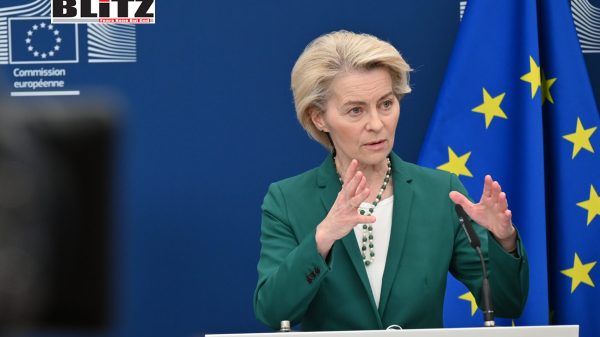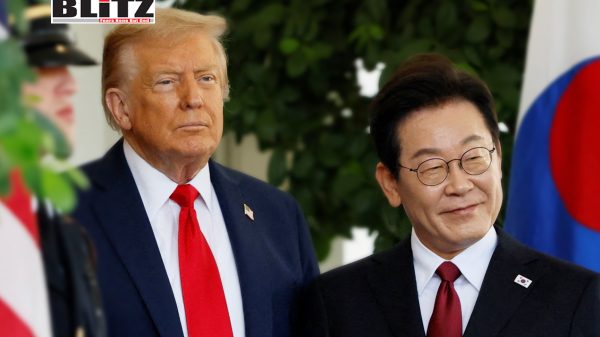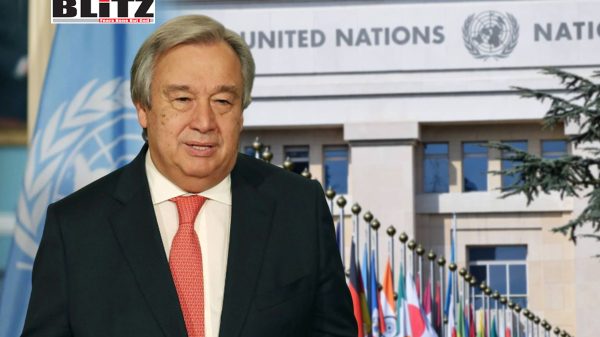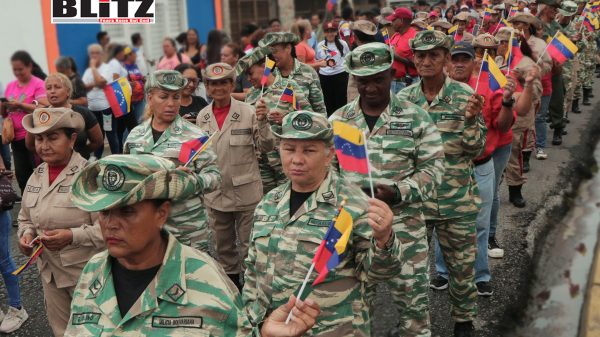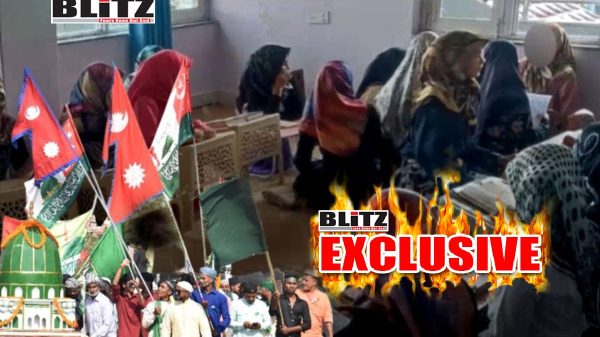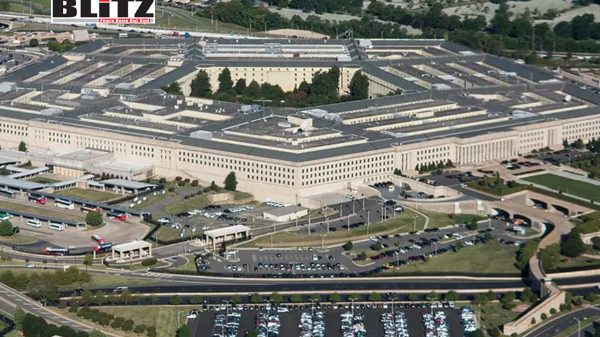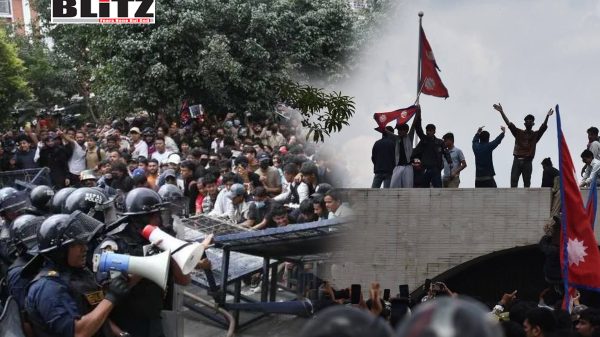UN report reveals SAF and RSF deliberately targeting civilians in Sudan conflict
- Update Time : Tuesday, September 9, 2025
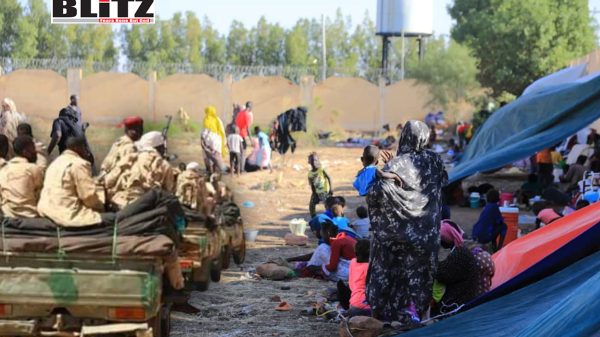
A new report by the United Nations’ Independent International Fact-Finding Mission on Sudan has delivered a grim verdict on the ongoing conflict between the Sudanese Armed Forces (SAF) and the paramilitary Rapid Support Forces (RSF). Titled “A War of Atrocities”, the investigation accuses both warring factions of deliberately targeting civilians in a conflict that has ravaged Sudan since April 2024. The mission’s findings suggest widespread atrocities that may constitute war crimes and crimes against humanity, including persecution, extermination, and systematic destruction of livelihoods.
The report paints a harrowing picture of a war in which civilians are not incidental casualties but deliberate targets. Investigators documented attacks on essential infrastructure, including markets, hospitals, water networks, food supplies, and displacement camps. In North Darfur’s capital, El Fasher, a city under siege for months, RSF forces and allied militias carried out killings, torture, sexual violence, forced displacement, and the use of starvation as a weapon.
“Our findings leave no room for doubt: civilians are paying the highest price in this war,” said Mohamed Chande Othman, chair of the Fact-Finding Mission. “Both sides have deliberately targeted civilians through attacks, summary executions, arbitrary detention, torture, and inhuman treatment in detention facilities, including denial of food, sanitation, and medical care. These are not accidental tragedies but deliberate strategies amounting to war crimes.”
While the RSF has drawn considerable scrutiny for its brutality, the SAF is also implicated. The report documents killings, arbitrary detentions, and torture, often targeting civilians based on ethnicity or political affiliation. The fact-finding team highlighted that RSF operations in El Fasher predominantly affected non-Arab groups, including the Zaghawa, Fur, and Masalit communities. These populations suffered large-scale killings, sexual violence, and forced displacement. Similarly, in Sudan’s central Gezira state, SAF operations targeted residents of the Kanabi farming communities, leaving dozens dead and displacing the majority of the population.
The human toll of the conflict has been staggering. More than 12 million Sudanese have been forced to flee their homes, and nearly half the country’s population now faces acute food insecurity. Humanitarian workers have been particularly vulnerable; the mission documented the deaths of over 84 aid personnel between April 2023 and April 2025, with many others subjected to arrest, assault, and harassment. Aid convoys have frequently been attacked, further limiting access to critical relief for millions of displaced people.
Testimonies from survivors paint a chilling picture of detention facilities run by the RSF. Described by some as “slaughterhouses,” these facilities subjected detainees to torture, executions, sexual enslavement, and forced marriage of women and girls, some as young as 12. Survivors recounted horrific experiences of violence and deprivation, emphasizing the systematic nature of abuses.
“Behind every documented story is a shattered family, a displaced community, a survivor of unimaginable violence,” said Joy Ngozi Ezeilo, an expert member of the Fact-Finding Mission. “We have interviewed numerous civilians who have endured extreme trauma and suffered or witnessed killings, starvation, sexual violence, torture, and the destruction of essential services. The cycle of impunity has emboldened perpetrators for decades. Victims – especially women and children, who bear the greatest burden – deserve justice and reparations.”
The report underscores the urgent need for international action. It calls for a comprehensive response including a global arms embargo, robust support for the International Criminal Court, and the establishment of an independent judicial mechanism in Sudan. The mission also advocates for targeted sanctions against those responsible for orchestrating atrocities and emphasizes the use of universal jurisdiction to hold perpetrators accountable.
“Our report not only exposes atrocities, it also lays out a roadmap for justice,” said Mona Rishmawi, another expert member of the mission. “The international community must act now to enforce the arms embargo, support justice through the International Criminal Court, establish an independent judicial mechanism for Sudan, use universal jurisdiction to hold perpetrators accountable, and ensure that those orchestrating atrocities face consequences, including targeted sanctions.”
The Human Rights Council originally established the mission in October 2023 and recently extended its mandate until October 2025. Civil society organizations, including Human Rights Watch, had pressed the council to prolong the mission’s work for at least two more years, arguing that evidence-gathering and accountability efforts must continue as the conflict enters its third year.
The war, which erupted between the SAF and RSF in April 2023, has already inflicted catastrophic damage on Sudan’s population and infrastructure. Tens of thousands have been killed, the country’s health system has been destroyed, and the conflict has triggered the world’s largest displacement crisis. Hospitals, displacement camps, and humanitarian lifelines continue to be under attack, further exacerbating the suffering of civilians caught in the crossfire.
The UN report emphasizes that these atrocities are not random or incidental but are instead deliberate strategies by both sides of the conflict. By documenting these violations and advocating for international measures, the Fact-Finding Mission aims to break the cycle of impunity that has enabled decades of abuses in Sudan.
As Sudan enters its third year of civil war, the global community faces a crucial choice: continue to stand by as atrocities unfold, or take decisive action to enforce accountability, protect civilians, and support justice. The findings of the UN mission make it clear that the international response must be swift, comprehensive, and sustained. Without intervention, the war’s human toll will continue to rise, leaving millions more vulnerable to violence, starvation, and displacement.
Please follow Blitz on Google News Channel


